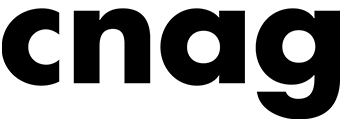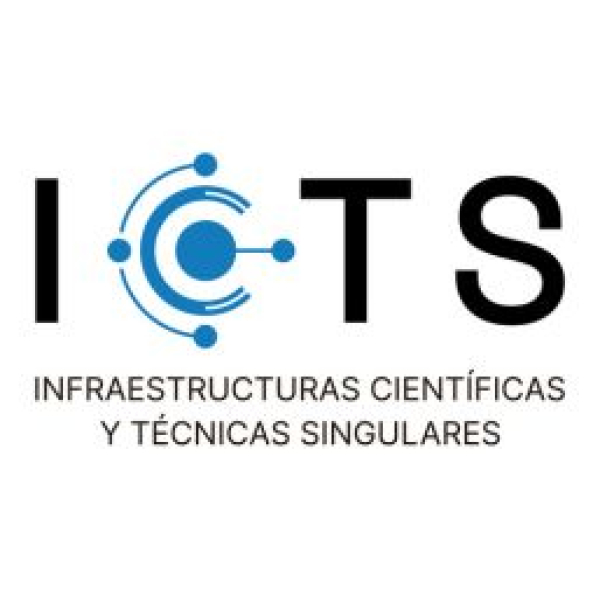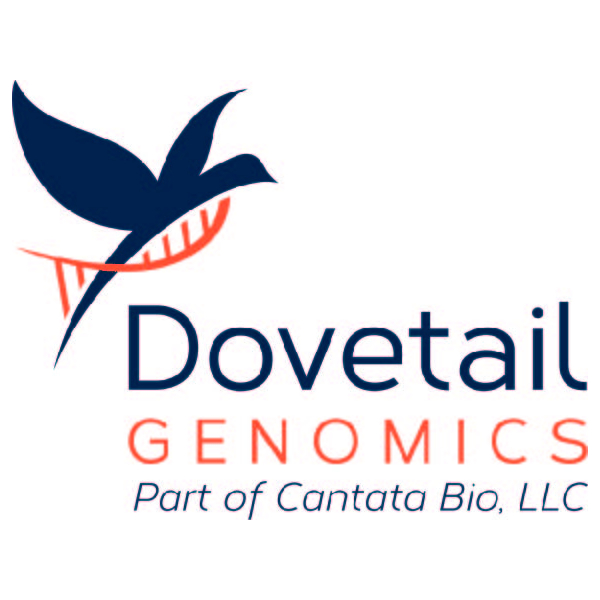European Advanced infraStructure for Innovative Genomics
EASI-Genomics unites several of the major European genome centres, in order to facilitate easy and seamless access to cutting-edge DNA sequencing technologies to researchers from academia and industry, within a framework that ensures compliance with ethical and legal requirements, as well as FAIR...
Coordinator: Ivo Gut (CNAG-CRG, Spain)
EUropean-CANadian Cancer network
EUCANCan is a European Canadian cooperation funded by the European Union’s Horizon 2020 research and innovation programme and the Canadian Institutes of Health Research. The four-year project aims at enhancing modern oncology, by implementing a cultural, technological and legal integrated framework...
Coordinator: David Torrents (BSC, Spain)
Revolutionizing Healthcare by Tracking and Understanding Human Cells During Disease
LifeTime scientists are world leaders and pioneers in the key disciplines required to fulfill the initiative's vision. LifeTime is the result of the merging of several research communities in Europe including single-cell biologists, computer scientists, mathematicians, clinicians, pathologists,...
Coordinator: Nikolaus Rajewsky (MDC, Germany) and Geneviève Almouzni (Institut Curie, France)
The Chan Zuckerberg Initiative funds several projects within the Human Cell Atlas
Reaching out to comprehensively chart the composition of the human body, the Human Cell Atlas project conducts cellular phenotyping on single-cell level. RNA sequencing methods are at the forefront to inform about cell types and states. However, there are large differences between single-cell RNA...
Coordinator: Holger Heyn (CNAG-CRG, Spain)
European Joint Programme on Rare Diseases
The European Joint Programme on Rare Diseases brings over 130 institutions from 35 countries: 27 EU Member States (Austria, Belgium, Bulgaria, Czech Republic, Denmark, Estonia, Finland, France, Germany, Greece, Hungary, Croatia, Ireland, Italy, Netherlands, Latvia, Lithuania, Malta, Poland,...
Coordinator: Daria Julkowska (Inserm, France)
Proyecto Genoma 1000 Navarra
NAGEN: Proyecto Genoma 1000 Navarra (NAGEN 1000) is an initiative led by the Navarrabiomed biomedical research centre whose purpose is to transfer the use of the cutting-edge whole human genome analysis technology to Navarra’s public health care system. To this end, 1,000 genomes of patients with...
Coordinator: Ángel Alonso (Navarrabiomed. Spain)











